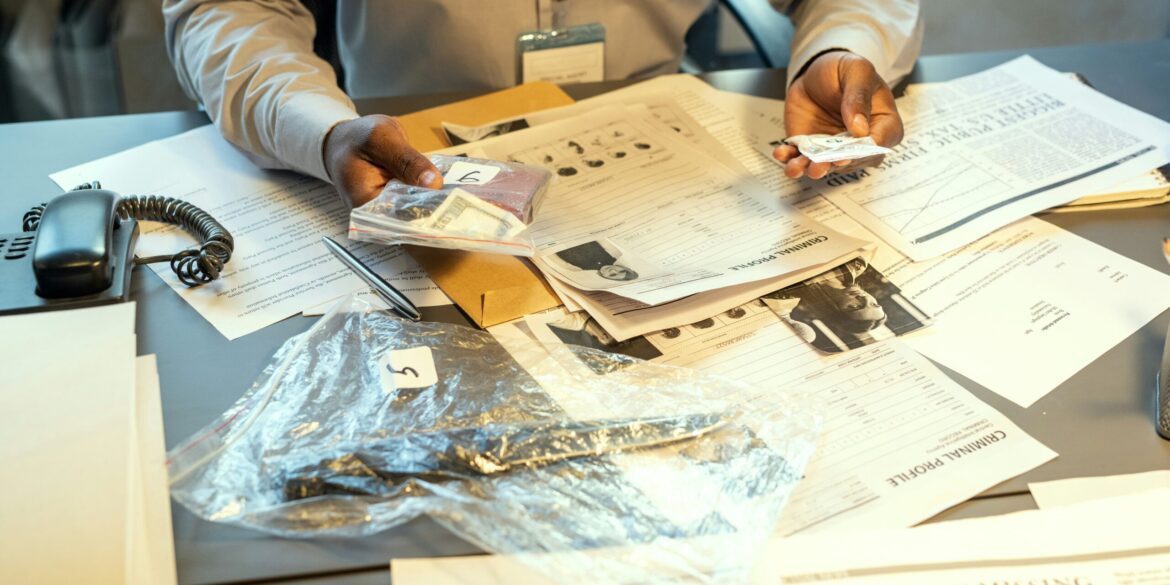In a high-profile legal battle that has captured the attention of legal professionals and lawmakers, a Texas state district judge has temporarily blocked Attorney General Ken Paxton’s attempt to access detailed criminal prosecution files from district attorneys in large counties. The ruling, issued on June 10, 2025, comes after several counties in Texas challenged a new rule that would require district attorneys in counties with populations over 400,000 to submit detailed reports about ongoing criminal cases.
The controversy centers around Paxton’s efforts to compel local district attorneys to turn over information regarding criminal cases, including sensitive details about ongoing investigations, victim statements, and prosecutorial strategies. The rule, which was set to go into effect on July 1, 2025, was met with immediate opposition from various district attorneys and legal advocates, who argued that it could compromise the integrity of ongoing investigations and violate the separation of powers.
Legal Arguments and Concerns
The legal challenge to Paxton’s rule was brought by district attorneys from several large Texas counties, including Harris, Dallas, and Travis. The district attorneys argued that the rule infringes on the autonomy of local prosecutors and could lead to the unauthorized release of confidential information that could jeopardize criminal investigations and the privacy of victims.
In their lawsuit, the district attorneys contended that the Attorney General’s office does not have the constitutional authority to demand such detailed reports, particularly when the information being sought pertains to the strategies and tactics used by local prosecutors. They argued that such overreach by the state could interfere with the fair administration of justice at the local level.
The Texas Civil Liberties Union (TCLU) has also weighed in, arguing that the rule could disproportionately affect vulnerable populations, such as victims of domestic violence or sexual assault, by exposing sensitive information that could lead to further harm. The TCLU called for greater protections for individuals involved in the criminal justice system, particularly those whose identities and personal details could be exposed during the course of an investigation.
The Judge’s Ruling
On June 10, 2025, District Judge Lydia McDonald issued a temporary restraining order, halting the implementation of the rule while legal challenges proceed. In her ruling, Judge McDonald noted that the plaintiffs were likely to prevail on the merits of their case, particularly with respect to concerns about the violation of constitutional principles such as due process and the separation of powers.
Judge McDonald also expressed concern that the rule, if implemented, could undermine public confidence in the fairness of the criminal justice system. By requiring district attorneys to hand over sensitive files to the state, she argued, the rule could erode the trust between local prosecutors and the communities they serve.
The Attorney General’s Response
In response to the ruling, Attorney General Paxton issued a statement expressing his disappointment with the decision and reiterating his commitment to ensuring transparency and accountability in the criminal justice system. Paxton argued that the new rule was necessary to improve oversight of criminal prosecutions in Texas and ensure that district attorneys were following state law. He also emphasized that the rule would help prevent abuses of power by local officials and ensure that criminal cases were being handled in accordance with the law.
Despite the setback, Paxton has vowed to continue pursuing the issue in the courts, arguing that the rule is essential to protect the integrity of the criminal justice system and ensure that cases are being prosecuted fairly and in the public interest.
What’s Next for the Case
The temporary restraining order issued by Judge McDonald means that the rule will not take effect on July 1, 2025, as initially planned. However, the legal battle is far from over. The case is expected to go to trial later this year, and legal experts believe that it could have significant implications for the balance of power between state and local authorities in Texas.
The outcome of this case could set important precedents for how the state interacts with local prosecutors in criminal matters. Depending on how the court rules, the case could also have broader implications for the rights of criminal defendants and the protections afforded to victims in the state’s criminal justice system.

